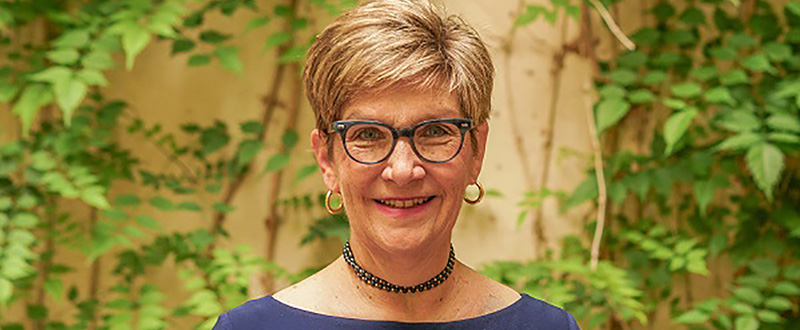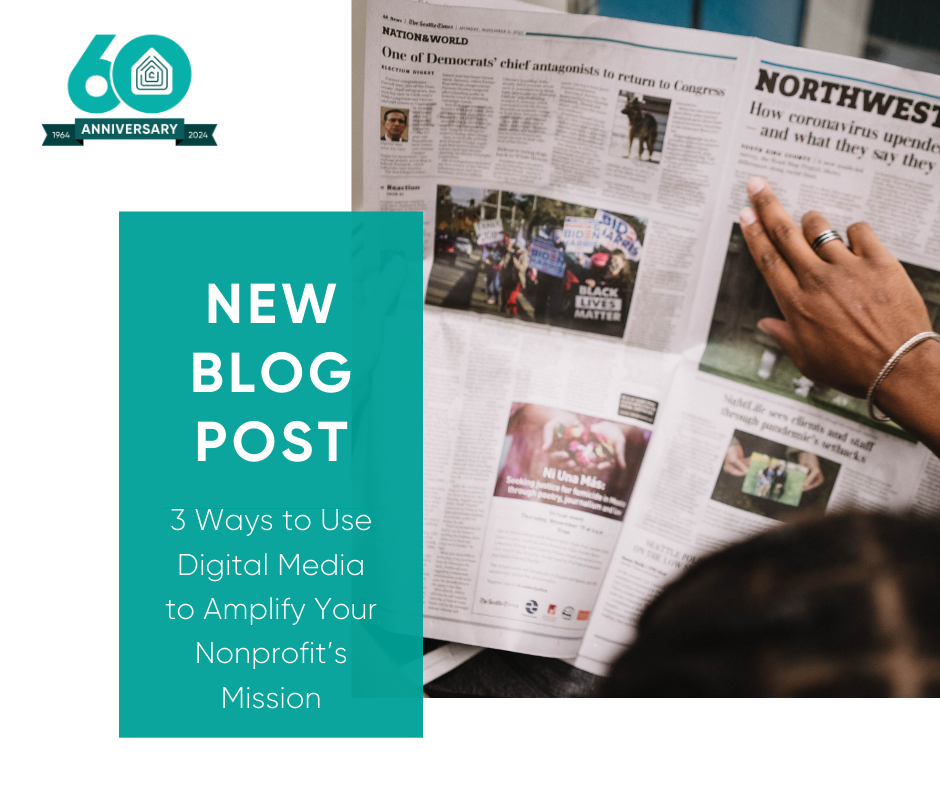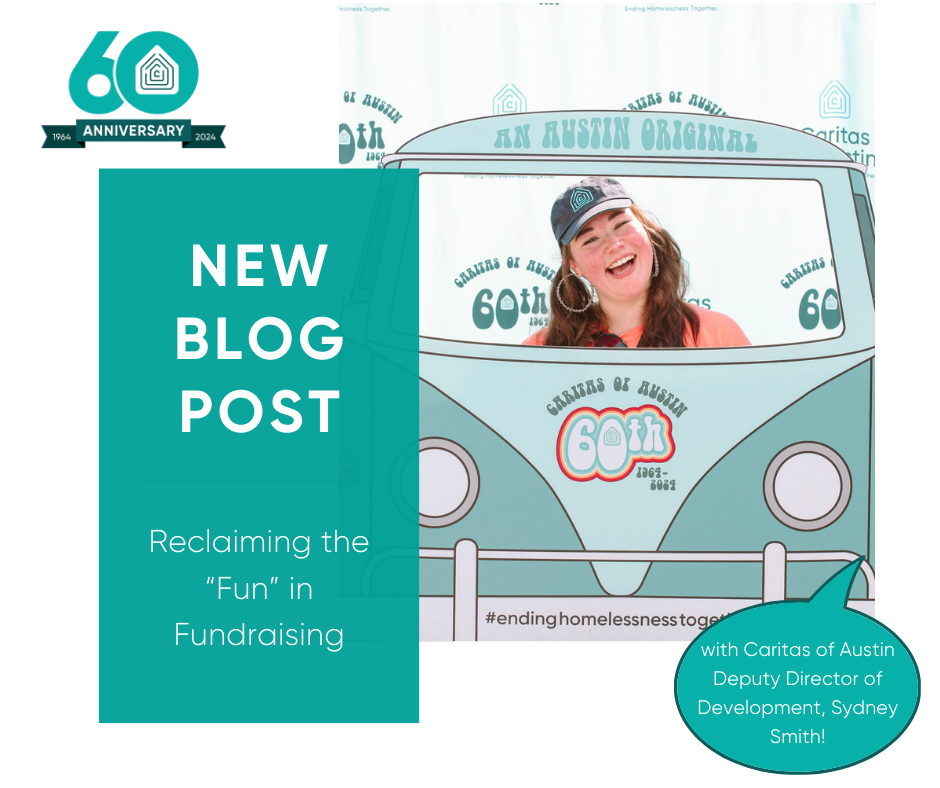A message from Caritas of Austin Executive Director, Jo Kathryn Quinn
The civil rights movement led by Reverend Doctor Martin Luther King, Jr. morphed into the “Poor People’s Campaign” in 1968. King made the courageous and fateful decision to stand in solidarity with the sanitation workers in Memphis, Tennessee in their struggle for safe working conditions and decent wages. That year, Caritas of Austin was just four years old.
Fifty years later, Caritas of Austin is still waging a Poor People’s Campaign of sorts in our efforts to prevent and end homelessness. Our language has evolved and softened since then, of course. We speak in a way that conveys respect, dignity and equity to our fellow Austinites who rarely experience these things: people with a low income, people with disabilities, people experiencing homelessness.
But while listening to the “old” language during a story on National Public Radio this week, I couldn’t help but feel refreshed and emboldened by these simple words: Poor People’s Campaign. King got right to the heart of it. Too many people are poor in the richest country in the world. The term “working poor” should be an oxymoron.
I’d like to think we’ve learned in 54 years a more comprehensive concept of “poor people.” We understand more about how fellow community members are marginalized along racial, country of origin, ability, age, and class lines; causing inequity. We know how to end homelessness. We know how to build lasting wellbeing for people and end the cycle of poverty. Yet, we collectively continue to actively and inadvertently (even with the best of intentions) separate people from opportunity. So the “Poor People’s Campaign” must continue in a new form.
During their strike, the Memphis sanitation workers wore sandwich signs that stated “I am a man.” Shorthand for: Remember I am human, I am one of you, I am part of you. Our propensity as members of the human race to dehumanize others who aren’t part of our identity groups is persistent. This notion of someone losing their own sense of humanity is one of the things we hear most often from the people we serve – whether refugees or people who have experienced homelessness in Austin. At the risk of oversimplifying complex challenges such as poverty and marginalization, I offer the concept of simply treating every person as a fellow human being. Feel and act toward others the way you want someone to feel and act toward you.
In the words of Reverend King, “We’ve got some difficult days ahead. But it really doesn’t matter with me now because I’ve been to the mountaintop. I’ve seen the Promised Land. I may not get there with you. But I want you to know tonight that we as a people will get to the Promised Land.” May Dr. King’s legacy and these ominous and hopeful words inspire us all to persist in striving for social justice in Austin, Texas, The United States of America, in all the world.



